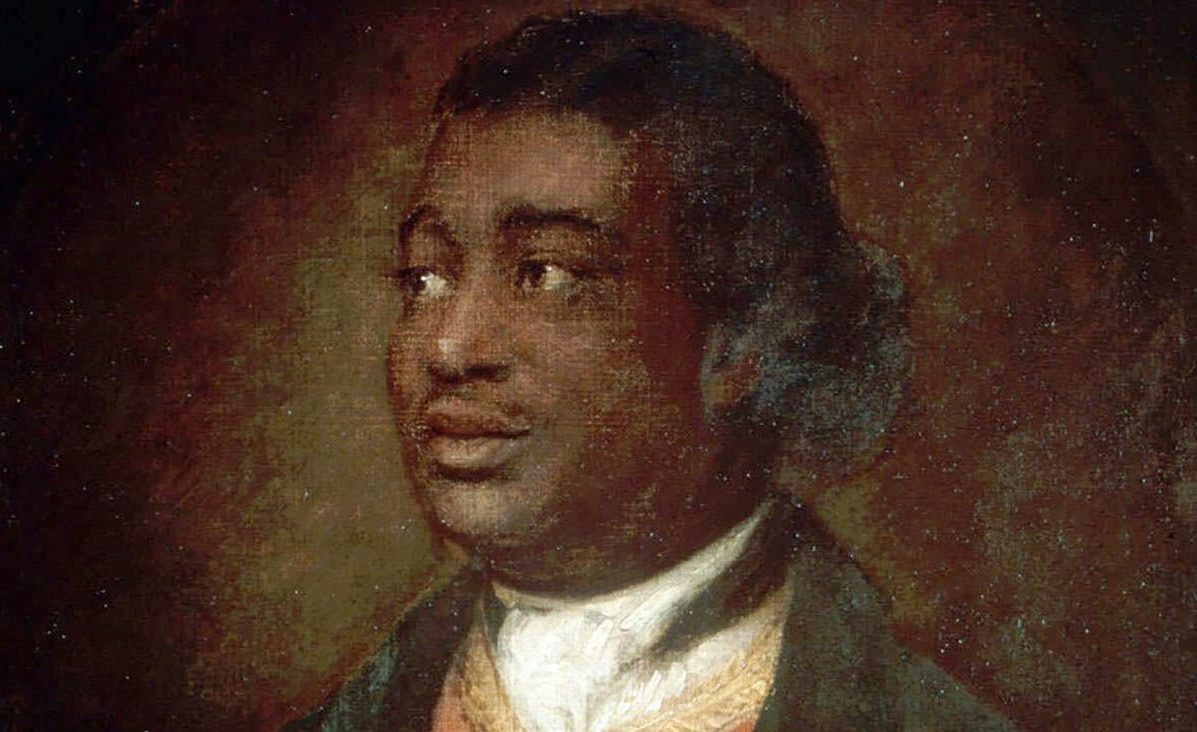It’s Time to Celebrate a Black British History Month in Our Schools
by Darell J Philip
6 October 2019

Black History Month has been celebrated in Britain since October 1987. Its origins date back to 1926 when US historian Carter G. Woodson and the Association for the Study of Negro Life and History announced that the second week of February would be recognized as Negro History Week. While it has evolved into a monthly celebration in the US since 1976 when the then president Gerald Ford encouraged Americans to “seize the opportunity to honour the too often neglected accomplishments of black Americans in every endeavor throughout our history”, the same sentiment rings true when recognising the stories of those in Black British history.
When Black History Month was introduced in the UK, it came at a time when those from the Black and African-Caribbean diaspora were gaining notoriety for different reasons, whether the unfair treatment of Black people by the police which sparked riots such as those in Brixton to the spectacle of the Notting Hill carnival, an event which today attracts tourists from all over the world.
Linda Bellos, who was the leader of Lambeth council at the time and introduced Black History Month to the UK, said during its 30th anniversary:
“Black History Month provided an opportunity to show a history we knew existed but which had been hidden. Few of us – and by us I mean British people of all ethnicities – knew much about the role our nation had played in colonising and absorbing some of these ‘native’ countries and cultures. I myself often had to say ‘we did not come to Britain for the weather’ when questioned, but it was very clear that most white British people did not know what positive contributions black people made, and continue to make, to the UK.”
It’s difficult to argue against the point Bellos makes here, particularly when it comes to British schools where the teaching during Black History Month often focuses on the stories and achievements of those in America. When British born children are asked to share the inspirational figures of Black history they know or have studied, the same names come up: Martin Luther King Jr, Rosa Parks, Barack Obama. Outside of the USA, Nelson Mandela. Are these influential figures in Black history? Absolutely. Should their achievements be celebrated? Indeed, they should be celebrated. So what’s the problem here? It is that by continually studying and celebrating only these figures, we are denying the existence and achievements of those within Black British history – and this has to change.
This month many children will learn about Martin Luther King and Rosa Parks and their involvement in the civil rights movement to affect change for segregated Black people in America, but how many will learn about Olaudah Equiano? A slave sold to a captain in the Royal Navy who would later purchase his freedom in 1766 and publish his autobiography The Interesting Narrative of the Life of Olaudah Equiano, Equiano’s personal account of his horrific treatment as a slave prompted widespread calls to abolish slavery and paved the way to the introduction of the British Slave Trade Act in 1807.
Nelson Mandela’s long walk to freedom from 27 years spent in prison to becoming the first Black president of South Africa is rightfully a well-known inspirational story familiar to most of our children. Less so is that of Charles Ignatius Sancho (pictured), a British composer, actor and writer known to be the only Briton of African heritage to have voted in the 18th century for members of parliament in Westminster. His 1782 book, The Letters of the Late Ignatius Sancho, an African depicts a life of slavery and details his attempt to work with others to abolish it.
In more recent history, many of our young people celebrate Barack Obama becoming the first elected US president of African-American origin. While she may not be our prime minister, should we not also celebrate our very own Diane Abbott, member of parliament for Hackney North and Stoke Newington since 1987. Not only was she Britain’s first black female MP, but she has also become the longest-serving Black MP in the House of Commons, is the current shadow home secretary, and most recently became the first Black MP to lead her party at Prime Minister’s Questions.
Outside of politics, while plaudits are often lauded over the likes of American sporting giants Tiger Woods and the Williams sisters for dominating what have often been viewed as white, middle class sports, we should not forget we have our own in Lewis Hamilton, a five-time Formula One world champion and the first and only black driver to race in F1.
Black history in this country did not begin in October 1987. Neither did it begin when 500 West Indians travelling on the Empire Windrush docked in Tilbury in 1948, as is often taught across schools in Britain. There are centuries of Black history in this country. Knowing this to be the case would be hugely empowering to the identity and confidence of young black children, giving them a sense of value and belonging. Knowing this history will also inform people’s understanding of why injustices such as the recent Windrush scandal happen and encourage enlightened individuals of all races to fight for what is right in the 21st century.
There is simply no excuse for not teaching our children a Black British history which exists and ought to inspire us all.
Darell J Philip is a teaching assistant in an east London primary school and a regular contributor to The Voice, Britain’s only national Black newspaper.
For Black History Month events in your area visit: www.blackhistorymonth.org.uk